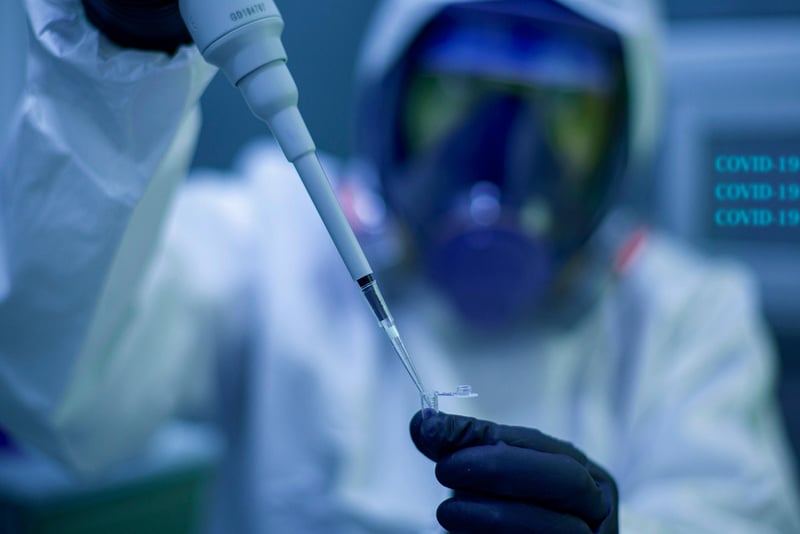Bioinformatics Scientist
The Future of Science: Bioinformatics Scientist
As technology continues to advance, the intersection of biology and computer science has given rise to an exciting and cutting-edge profession - the Bioinformatics Scientist. These professionals play a crucial role in analyzing complex biological data using computational tools and algorithms to derive valuable insights and drive scientific discovery.
What is Bioinformatics?
Bioinformatics is a multidisciplinary field that combines biology, computer science, statistics, and mathematics to understand and interpret biological data. It involves the development of algorithms and software tools to analyze and interpret biological information, such as DNA sequences, protein structures, and gene expressions.
Roles and Responsibilities
As a Bioinformatics Scientist, you will be responsible for:
- Developing algorithms and computational tools for analyzing biological data
- Interpreting and visualizing genetic information
- Collaborating with biologists, geneticists, and other scientists
- Contributing to research projects and scientific publications
- Staying updated on the latest advancements in bioinformatics and computational biology
Skills Required
To excel in this field, Bioinformatics Scientists need a combination of biological knowledge and computational skills. Some essential skills include:
- Proficiency in programming languages such as Python, R, and Perl
- Understanding of genetics, genomics, and molecular biology
- Ability to work with large datasets and databases
- Critical thinking and problem-solving skills
- Strong communication and collaboration abilities
Future Outlook
The field of bioinformatics is rapidly growing, with increasing demand for skilled professionals in academia, research institutions, pharmaceutical companies, and biotechnology firms. Bioinformatics Scientists are at the forefront of innovation, driving advances in personalized medicine, drug discovery, and agricultural biotechnology.
Conclusion
As the field of biology becomes more data-driven, the role of Bioinformatics Scientists is becoming increasingly vital. By leveraging their expertise in both biology and computer science, these professionals are paving the way for groundbreaking discoveries and innovations in the life sciences.

Embark on a rewarding and challenging career as a Bioinformatics Scientist and be at the forefront of scientific breakthroughs!
